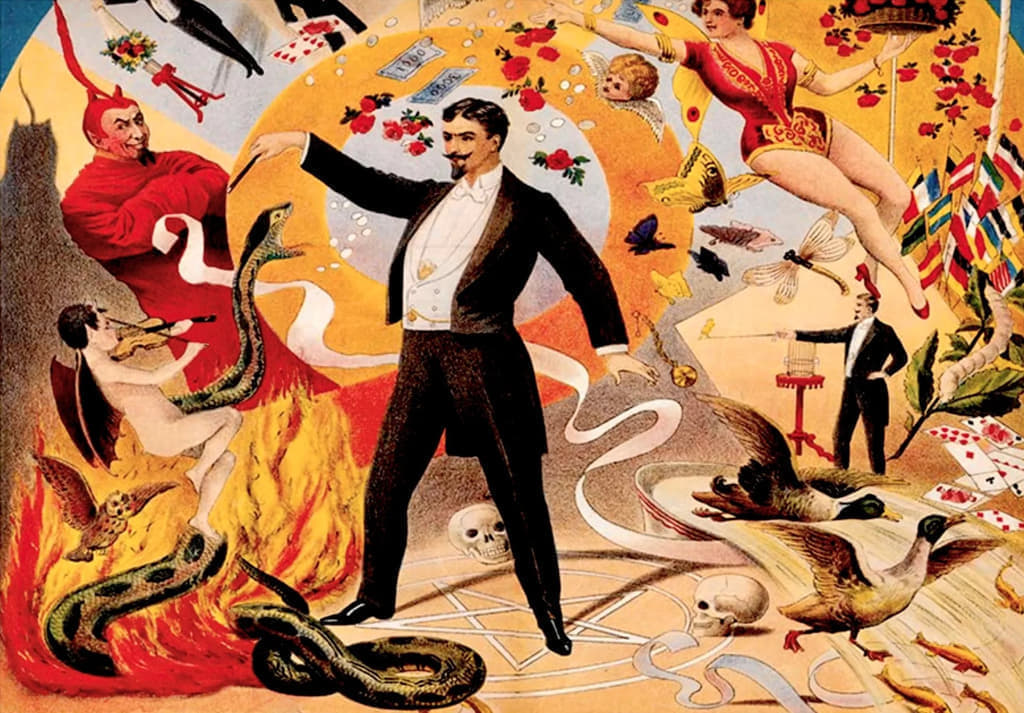“Magical reflections on Russia’s defeat,” which the West has begun to talk about explicitly, advising us to stop them, is another name for political-military propaganda with a neat and quite appropriate reference to anthropology.
Propaganda is the magic of war. The reality spell is quite effective: the magician recites a formula that makes the audience believe in a particular reality. The audience believes. And … begins to live and act as if this reality announced by the magician were the only one. And step by step through the convergence of small actions, reality actually becomes close to the signified reality. People make reality as described by the magician (ideological worker, commissioner, expert, commentator, journalist, shaman). This is how any ideology works.
The belief in communism and its magical compulsive promulgation helped build, though not communism itself, but a huge and powerful socialist state—the Red Empire.
The magic of liberalism brought gave Western democracy, the market and capitalism a global character.
Zelensky’s clownish-Nazi magic makes it possible to exterminate the entire Ukrainian nation, which is disappearing together with the state, carried away by the magical idea of “kill a Moskal and everything will work out.” This is a magic formula; and horror of horrors, it works—Russians are being killed, aid from the West has been forthcoming until recently, and the propaganda is silent about the rapid disappearance of Ukrainians and the country itself.
Political magic does not cancel realism. It is quite rational and pragmatic. It is simply how any society lives, driven by what Georges Sorel called idea-forces.
And now the West is withdrawing the magical trope about Russia’s “inevitable defeat.” That is important. But it does not indicate that they have suddenly decided to give up magic (propaganda) and recognized the unpleasant truth that the matter is going not going according to this magic, but to something else—the style and priorities of their global magic theater are changing.
We, however, should not get overly excited about this. We ourselves need the full-fledged high magic of our victory.
We must with even greater effort imagine the Russian future. Victory, before it can be achieved, must be imagined. It must be described in spirit and then realized in will. And for this we need images, words, formulas that capture the emotional streams of soul forces.
This is not at all contrary to cold rational planning. But we live primarily in images, not concepts. To underestimate the structures of the imagination in some cases is simply criminal.
The image of war, its hieroglyphics and signs, must be worked on with the utmost care.
Alexander Dugin is a widely-known and influential Russian philosopher. His most famous work is The Fourth Political Theory (a book banned by major book retailers), in which he proposes a new polity, one that transcends liberal democracy, Marxism and fascism. He has also introduced and developed the idea of Eurasianism, rooted in traditionalism. This article appears through the kind courtesy of Geopolitica.
Featured: Carrère poster, circa 1920.
